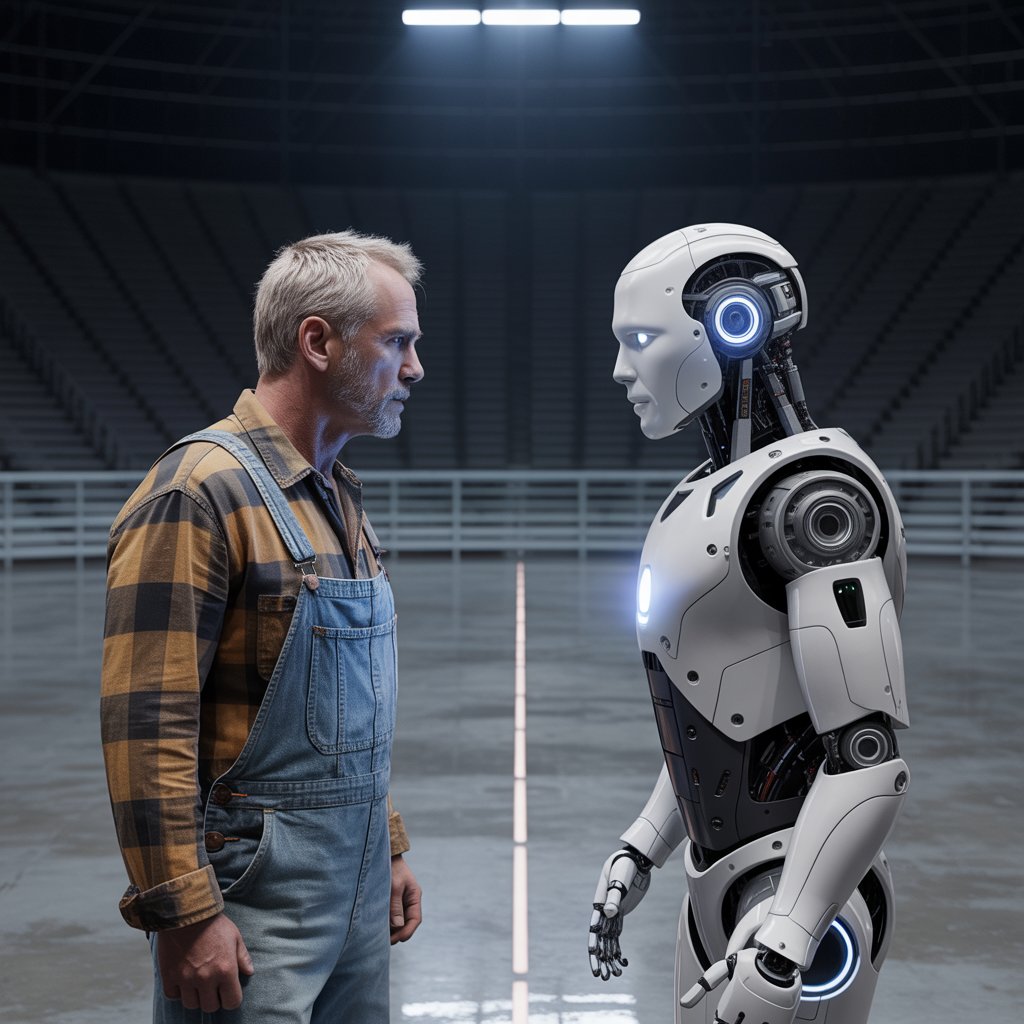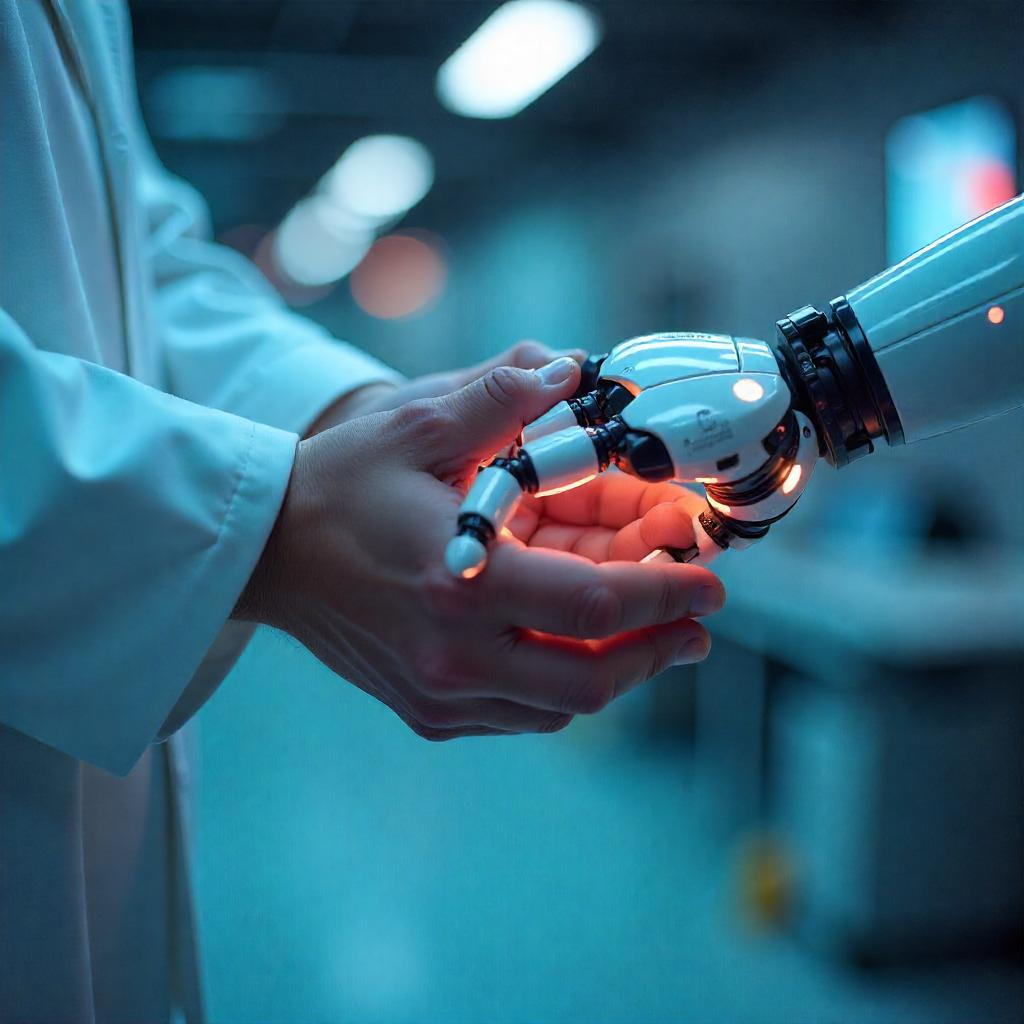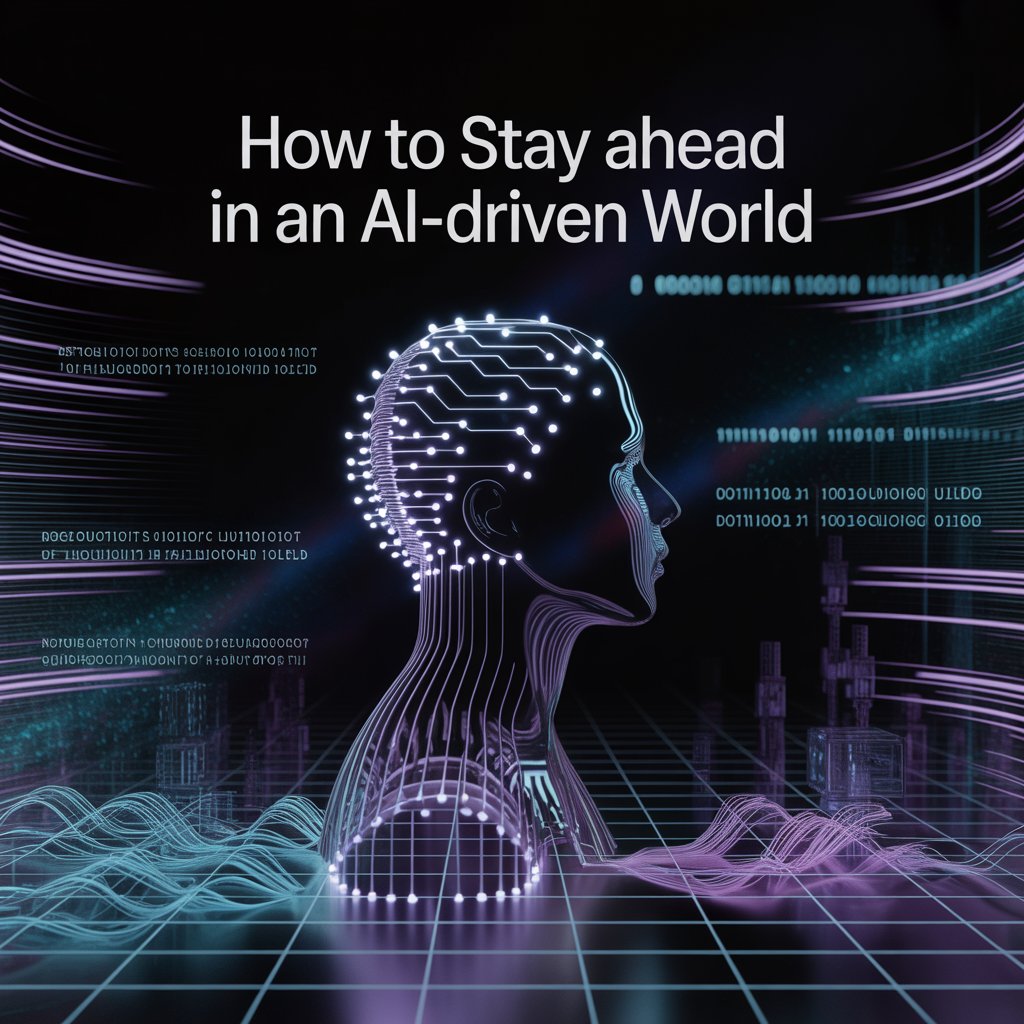Physical Address
304 North Cardinal St.
Dorchester Center, MA 02124
Physical Address
304 North Cardinal St.
Dorchester Center, MA 02124

The age-old debate of Man vs Machine continues to rage on to this day, but the AI revolution has only pushed it to a whole new level. Is AI going to replace humans? Are humans going to use AI or the other way round?
After months of not writing, I finally sat down to pen this article, mainly because something has been on my mind. Everywhere I look these days, AI tools are being mentioned: in YouTube videos, LinkedIn posts, even family WhatsApp groups, not to mention the endlessly sponsored ads on every platform for AI courses.
‘Change is the only constant in life. ‘ Technology is a great example of this statement, and with the way things are going in the second decade of the 21st century, one can expect the world to become a much smaller place than it already is.
In this article, we will explore the impact of AI tools on jobs and businesses, examining how they shape and influence the workforce. The million-dollar question: What impact will AI have on our jobs? Will it make us lose them or include us in the flow? Let’s find out.
Also Read: How to Create a Powerful Personal Brand on the Internet
Artificial Intelligence (AI) has taken over our daily lives in ways that one cannot imagine. The dependence has reached an alarming extent, so much so that we’ve become subservient to it, either consciously or subconsciously.
Whether it’s someone using ChatGPT to write cover letters or a designer creating logos with Canva, one thing is clear—AI isn’t coming; it’s already here. Countless AI tools have become a part of our lives in more ways than one.
To answer the question of whether AI will usurp the job market, there’s no definite conclusion that can be drawn on this matter. Based on what I have seen in the past few years, listening to experts and trying out different tools, AI won’t replace people. But people who use AI might replace those who don’t.

To understand the impact, we need to look at what these tools are and how they’re being used in the real world, because these tools, as mentioned above, have taken over our minds and hearts in more ways than one. Here are a few examples I’ve personally tried or seen people use:
To put it simply, a few jobs will take a hit. But not all. And not yours—if you adapt.
Here’s how I see it broken down:
These are repeatable tasks where creativity or judgment isn’t required.
In these jobs, AI won’t replace you. Instead, it’ll become your co-pilot—helping you go faster, reach further, and maybe even enjoy work more.
In short, the more you know how to use AI, the more valuable you become.
We’ve seen this before, haven’t we?
Each time, people feared job loss, but in reality, those who upskilled thrived. The ones who resisted change? Not so much.
The same rule applies now. AI won’t take your job, but someone who knows how to use it might.
Here’s what you can do:

It’s Not Human vs AI — It’s Human with AI. Man vs Machine? More Like Man With Machine.
Initially, some jobs will go. But many more will change, and a whole bunch will be created. You don’t need to become a coder or an AI scientist. But you do need to be curious, open-minded, and willing to learn.
And here’s something worth pondering:
What if AI doesn’t take your job… but frees you up to finally do the work you love?
Food for thought.
Also Read: Education in the AI Era: From Chalkboards to Smart Chatbots